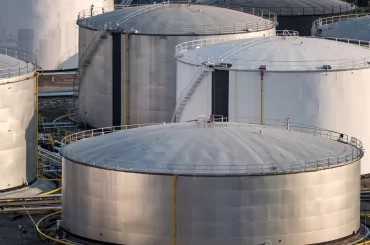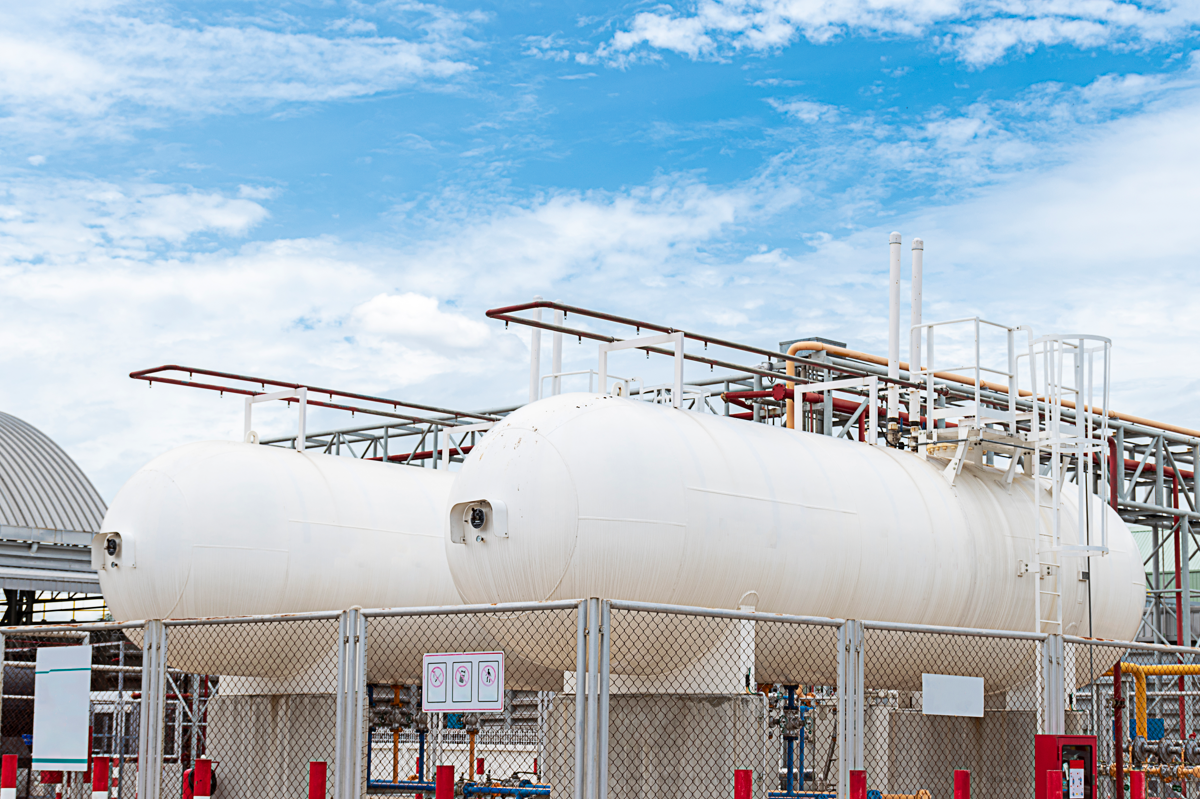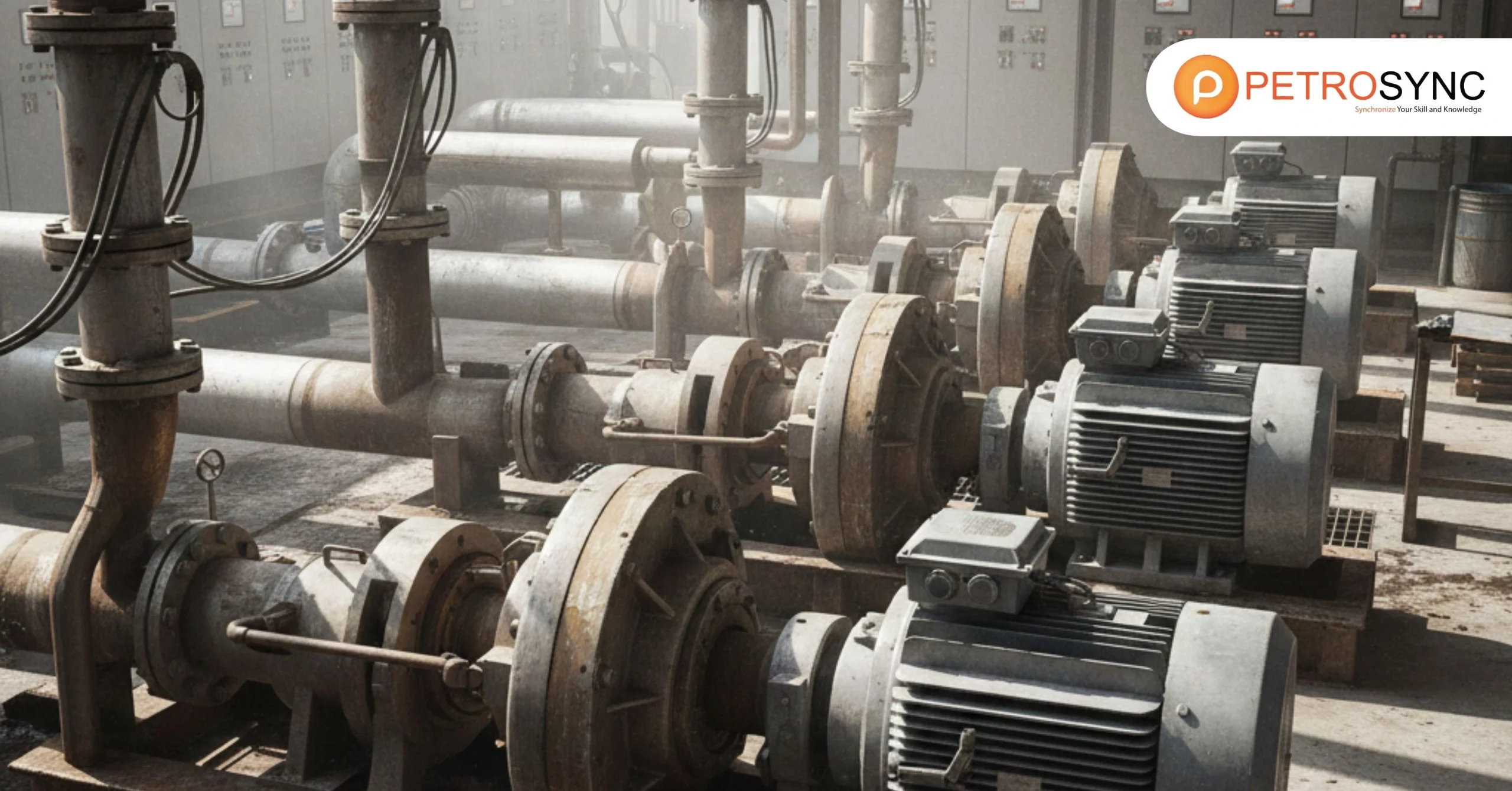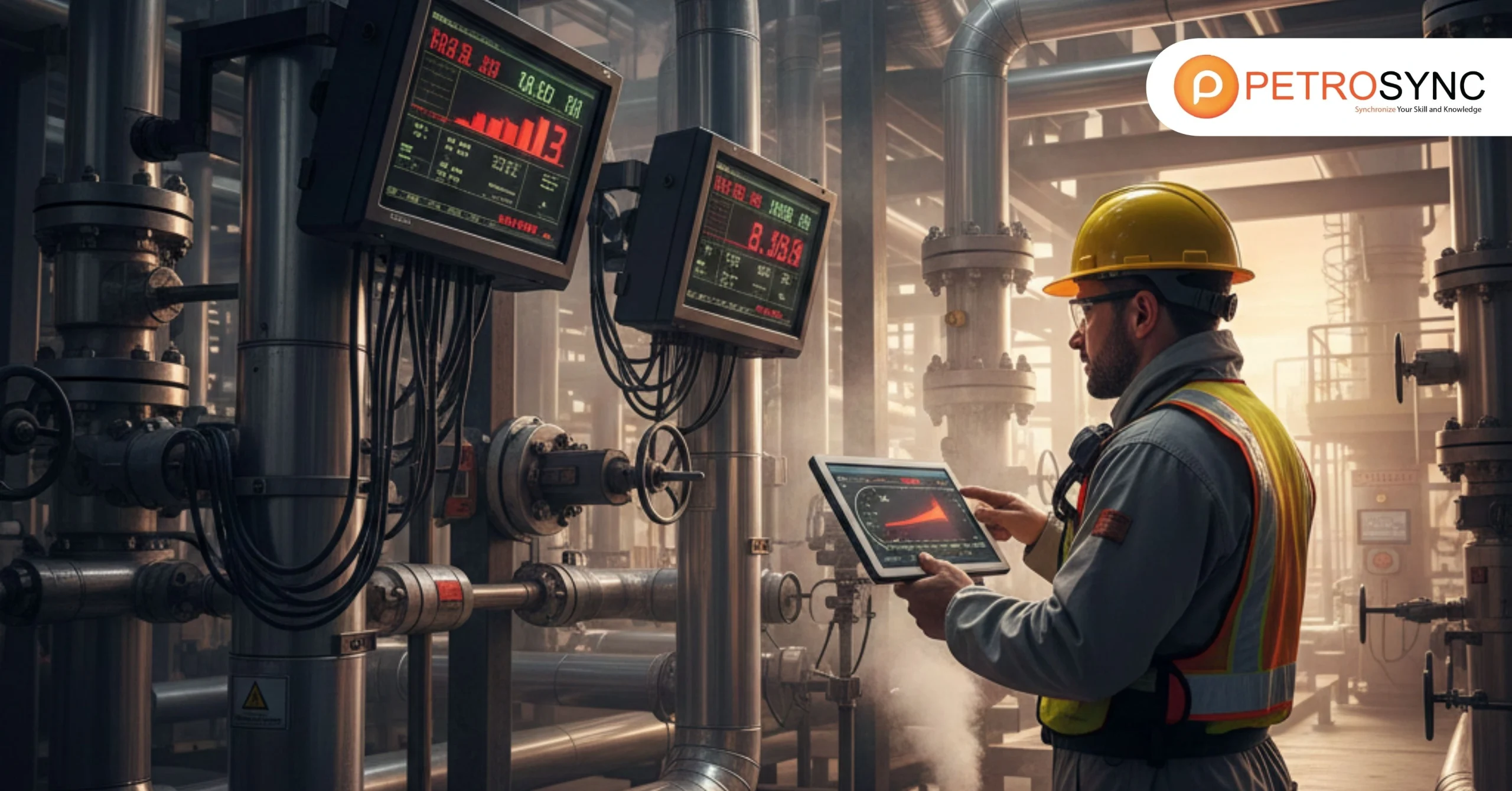In the ever-changing world of technology, professionals seek ways to enhance their credibility. One way to gain prominence is by obtaining an API Inspector Certification ICP. This certification validates your expertise and opens doors to numerous opportunities. Let’s delve into how API Inspector Certification boosts your credibility and why it’s a game-changer in the industry.
What Is API Inspector Certification (ICP)?
The API Inspector Certification (ICP) by the American Petroleum Institute (API) is an independent and unbiased way to evaluate the knowledge and experience of technical and inspection personnel in the petroleum industry.
This credential certifies individuals to inspect and assess equipment and processes, ensuring adherence to industry standards, safety, and compliance with regulations. API ICP covers various areas, including equipment inspection, quality control, and industry best practices, demonstrating a professional’s competence and proficiency in upholding the integrity and reliability of equipment within the petroleum sector.
What Makes API ICP Certification Different?
API Certification is considered the best and most popular in the oil and gas industry because it offers an unbiased and independent way to assess the knowledge and experience of technical and inspection personnel.
Unlike other certifications from different institutes, the American Petroleum Institute (API) has a strong reputation globally, setting standards that are widely accepted in the industry. API Certification covers various topics, including equipment inspection and adherence to industry best practices, making it comprehensive and well-regarded.
How Does API Inspector Certification Boost Your Credibility?
Obtaining API Inspector Certification enhances your professional reputation in oil and gas, showing you are dedicated to excellence. This certification is known worldwide, confirming your skills and knowledge as an inspector and building trust with employers.
1. Industry Recognition
Gain industry-wide acknowledgment for your proficiency, as API certification is universally recognized and respected.
2. Client Trust and Confidence
Instill trust and confidence in clients and stakeholders by prioritizing API-certified professionals, underscoring your commitment to excellence.
3. Career Advancement Opportunities
Open doors to new career horizons with increased opportunities and advancements that come with holding API Inspector Certification.
What API Inspector Certifications Are Currently Available?
The American Petroleum Institute provides various certifications for different jobs in the industry. Whether you’re a Pressure Vessel Inspector (API 510) or work with refractory materials (API 936), these certifications allow professionals to prove their abilities and expertise.
1. API 580 – Risk-Based Inspection (RBI) Professional Certification
API 580 is designed for individuals involved in risk-based inspection processes. This certification is ideal for inspection engineers, reliability engineers, and inspection managers responsible for assessing and managing risk in inspecting equipment in various industries, including oil and gas.
2. API 653 – Aboveground Storage Tank Inspector Certification
API 653 is intended for those inspecting aboveground storage tanks. Professionals such as tank inspectors, engineers, and supervisors involved in the maintenance and inspection of aboveground storage tanks in industries like petrochemicals and refining would benefit from obtaining this certification.
3. API 571 – Corrosion and Materials Professional Certification
API 571 focuses on corrosion and materials. This certification is suitable for corrosion engineers, inspection engineers, and materials specialists who are responsible for evaluating and managing corrosion-related issues in equipment across industries such as oil and gas.
4. API 510 – Pressure Vessel Inspector Certification
API 510 is for individuals involved in the inspection of pressure vessels. Pressure vessel inspectors, integrity engineers, and plant inspectors in industries like chemical processing and power generation would find this certification valuable for ensuring the safety and reliability of pressure vessels.
5. API 570 – Piping Inspector Certification
API 570 is tailored for professionals inspecting piping systems. Piping inspectors, engineers, and quality control personnel in industries such as refineries and pipelines would benefit from this certification, as it validates expertise in ensuring the integrity of piping systems.
6. API 936 – Refractory Personnel Certification
API 936 is designed for individuals working with refractory materials to construct and maintain high-temperature equipment such as furnaces and kilns. Refractory inspectors, engineers, and technicians involved in installing and inspecting refractory linings in industries like petrochemicals and metallurgy are the target audience for this certification.
How To Take API Certification?
Achieving API Certification involves clear steps. Start by picking the right certification for your career, then prepare for the exam and meet the requirements. This introduction outlines the essential steps for a smooth path to obtaining API Certification.
1. Determine the Appropriate Certification
Carefully review the available API ICP certifications and choose the one that best aligns with your professional role and career aspirations. Each certificate caters to specific oil and gas industry aspects, such as inspection, risk assessment, or materials expertise.
Research industry trends and consult with experienced colleagues to understand which API certification is most valued in your field. This will help you make an informed decision that aligns with your career goals.
2. Review Prerequisites
Thoroughly examine the prerequisites for the chosen API certification. API sets educational and professional experience requirements to ensure candidates possess the necessary knowledge and experience.
Assess your qualifications against the prerequisites early in the process. If you identify gaps, consider gaining additional experience or education before applying. This proactive approach can streamline the application process.
3. Prepare for the Exam
API provides detailed syllabi for each certification, outlining the topics covered. Preparation is crucial to passing the exam, and candidates are encouraged to use API-provided documents, study guides, and recommended reference materials that usually include the API standards.
Develop a study plan that breaks down the syllabus into manageable sections. Allocate specific time slots for study sessions, and consider joining study groups or using online forums to discuss challenging topics with peers. This collaborative approach can enhance your understanding of the material.
4. Submit Application
Complete the official API certification application form, providing accurate and detailed information about your education, work experience, and relevant certifications or training.
Create a checklist of the required documentation and information before starting the application. This ensures that you have everything ready, minimizing the risk of delays in the application process. Double-check the accuracy of the information to avoid potential issues.
5. Pay Examination Fees
API charges examination fees, which vary by certification. Membership may offer discounted rates, making it beneficial to join API if you still need to become a member.
Explore API membership benefits and assess the potential savings on examination fees. Joining as a member provides cost advantages and grants access to additional resources and networking opportunities within the industry.
6. Receive Approval and Schedule Exam
After submitting your application and payment, wait for API to review and approve your application. Once approved, you’ll receive instructions on scheduling your exam, typically administered through approved testing centers.
Monitor your email and communication channels regularly. Respond promptly to any requests for additional information from API to expedite the approval process. Once approved, schedule your exam well in advance to secure a convenient testing date.
What Are Some FAQs Related to API Inspector Certification?
1. What is the validity period of API Inspector Certification?
API Inspector Certification is valid for three years, after which recertification is required to maintain your credentials.
2. Can I pursue API Inspector Certification online?
Yes, API offers online certification programs, providing flexibility for professionals to balance work and study commitments.
3. Are there prerequisites for API Inspector Certification?
While specific requirements may vary based on the certification level, a combination of education and work experience is typically necessary.
4. How does API Inspector Certification benefit my employer?
API-certified professionals bring enhanced skills and adherence to industry standards, contributing to improved project outcomes and overall organizational credibility.
5. Is API Inspector Certification recognized internationally?
Yes, API Inspector Certification holds international recognition, making it a valuable credential for professionals working globally in the oil and gas industry.
6. What resources are recommended for API Inspector Certification preparation?
API provides official study materials and resources, and candidates are encouraged to utilize these to ensure comprehensive preparation.
In conclusion, obtaining API Inspector Certification is a transformative step toward enhancing professional credibility. The benefits span from expanded career opportunities to heightened client trust. Embrace the journey of certification and witness the positive impact it can have on your career trajectory.
PetroSync recognizes the significance of API Inspector Certification within the oil and gas industry. Understanding the challenges and intricacies involved in both the preparation and examination processes, PetroSync is committed to supporting professionals like you in achieving this esteemed certification.
Our tailored training programs are designed to simplify the complexities, providing a structured and comprehensive approach to mastering the required knowledge and skills. By choosing PetroSync, you not only gain access to a wealth of industry expertise but also ensure that your journey toward API certification is guided by experienced instructors.

SEO specialist by day, fact-checker by night. An avid reader and content writer dedicated to delivering accurate and engaging articles through research and credible sources.







